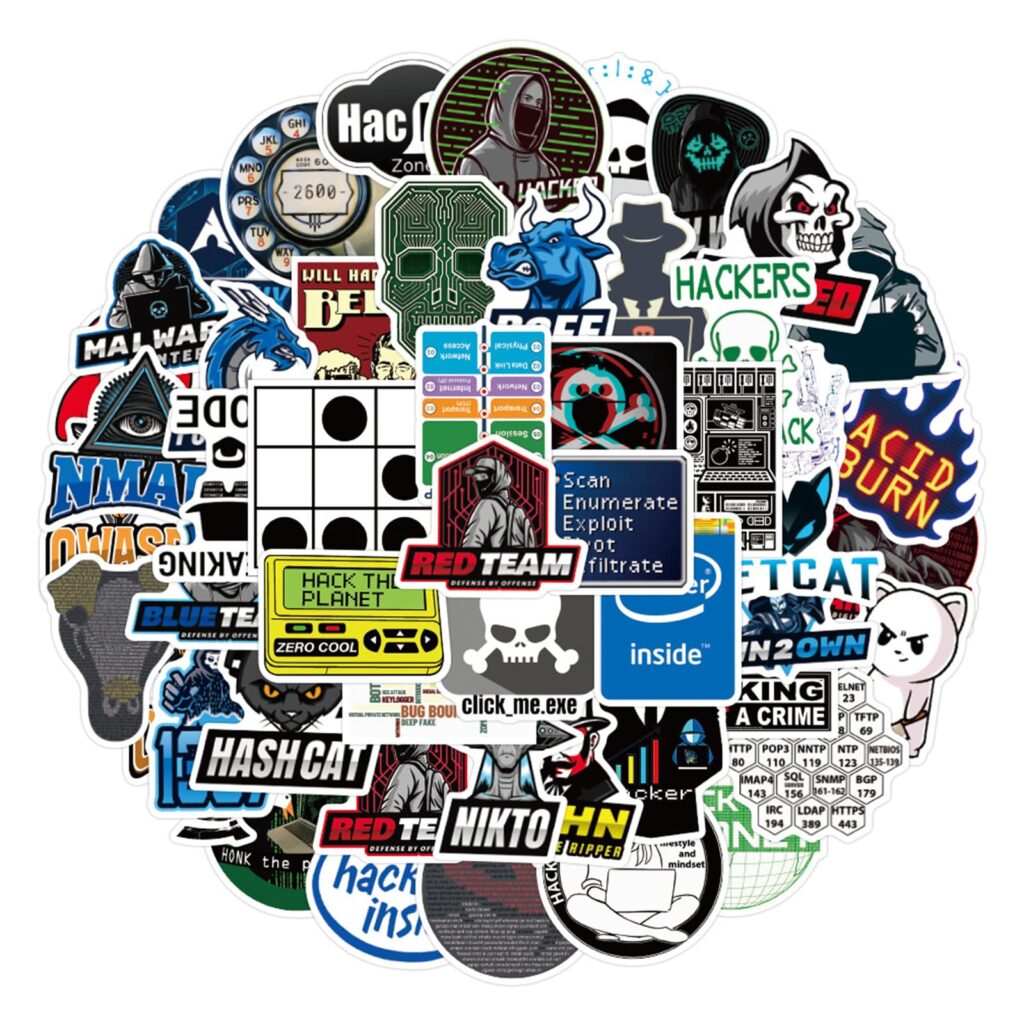If you’ve been knee-deep in code for any length of time, you’ve probably experienced that sinking feeling when you realize your once-elegant solution has morphed into a tangled mess. Enter “Clean Architecture” by Uncle Bob Martin – the lifeline many of us desperately need.
Having spent over a decade as a developer, I can confidently say this book is a game-changer. Uncle Bob doesn’t just theorize – he delivers practical wisdom gleaned from his 50+ years in the trenches. The beauty lies in how he makes complex architectural concepts digestible without dumbing them down.
What sets this guide apart is its focus on the why rather than just the how. Martin explains the reasoning behind architectural decisions, empowering you to make informed choices for your specific context. The sections on component separation and boundary definition were particularly enlightening – they’ve already helped me restructure a problematic codebase at work.
I especially appreciated the “architecture gone wrong” examples. There’s something reassuring about learning from someone who’s seen it all and can help you avoid the same pitfalls. His straightforward, no-nonsense style feels like advice from a mentor rather than a lecture from a professor.
Whether you’re building web applications, database systems, or embedded software, the principles here are universally applicable. I’ve found myself referring back to specific chapters depending on what I’m working on – it is become my architectural compass.
Fair warning though – this isn’t a quick read for the beach. You’ll want to digest it slowly, perhaps alongside your current project where you can immediately apply what you’re learning. And if you’ve read his previous works like “Clean Code,” you’ll notice this book builds nicely upon those foundations, taking your skills to the next level.
For mid-level developers looking to level up, team leads tired of untangling spaghetti code, or aspiring architects wanting to build systems that stand the test of time – this book is an invaluable investment. Your future self (and teammates) will thank you.






